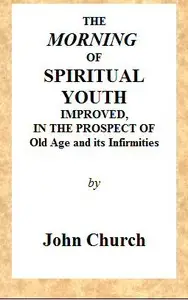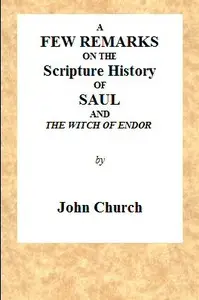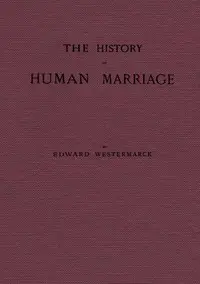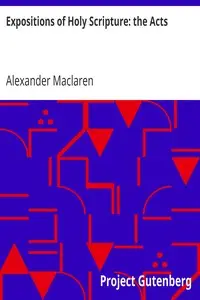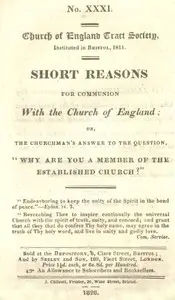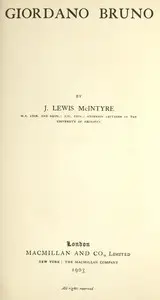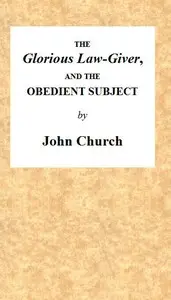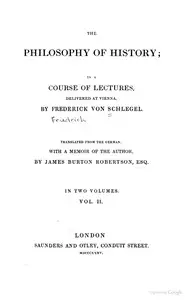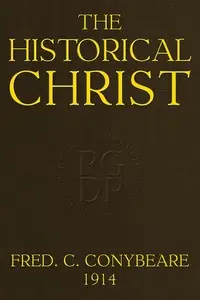"A Feast for Serpents" by J. Church is a sermon delivered at the Obelisk Chapel on March 21, 1813, and published shortly thereafter. This work, written in the early 19th century, takes the form of a theological discourse, exploring themes of sin, redemption, and the nature of faith within the context of Christian teachings. The sermon uses biblical references to draw parallels between the human condition and various scriptural narratives, emphasizing divine grace and the continual struggle between good and evil within the believer's life. In this sermon, J. Church elaborates on the metaphor of the serpent, a prominent biblical figure, to illustrate the inherent sinfulness of humanity and the consequences of straying from God’s path. He discusses the biblical curse placed upon the serpent, interpreting it as representative not only of the devil but of sinful behaviors and attitudes prevalent among individuals. The text emphasizes the importance of spiritual nourishment derived from faith in Christ, contrasting it with the empty pursuits of the world, which are likened to "dust." Ultimately, Church calls for self-examination and a return to genuine piety and reliance on divine grace, encouraging believers to seek true spiritual sustenance rather than the hollow satisfactions of earthly life. (This is an automatically generated summary.)
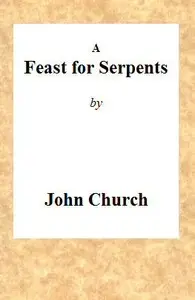
A Feast for Serpents Being the substance of a sermon, preached at the Obelisk Chapel, on Sunday evening, March 21, 1813
By J. (John) Church
"A Feast for Serpents" by J. Church is a sermon delivered at the Obelisk Chapel on March 21, 1813, and published shortly thereafter. This work, writte...
Genres
Released
2018-10-02
Formats
epub3 (images)
mobi (images)
mobi
epub (images)
epub
Free Download
Overview
About the Author
John Church was an Independent minister who was most famous for his involvement in the homosexual scandal of the Vere Street Coterie. He is claimed by some as the first openly ‘gay’ ordained Christian minister in England. Contemporary rumours about this are unproveable one way or the other, though circumstantial evidence may suggest that his "inordinate affections which led me into error" could be referring to homosexuality.
Total Reviews
10.0k
Total reviews from Goodreads may change



